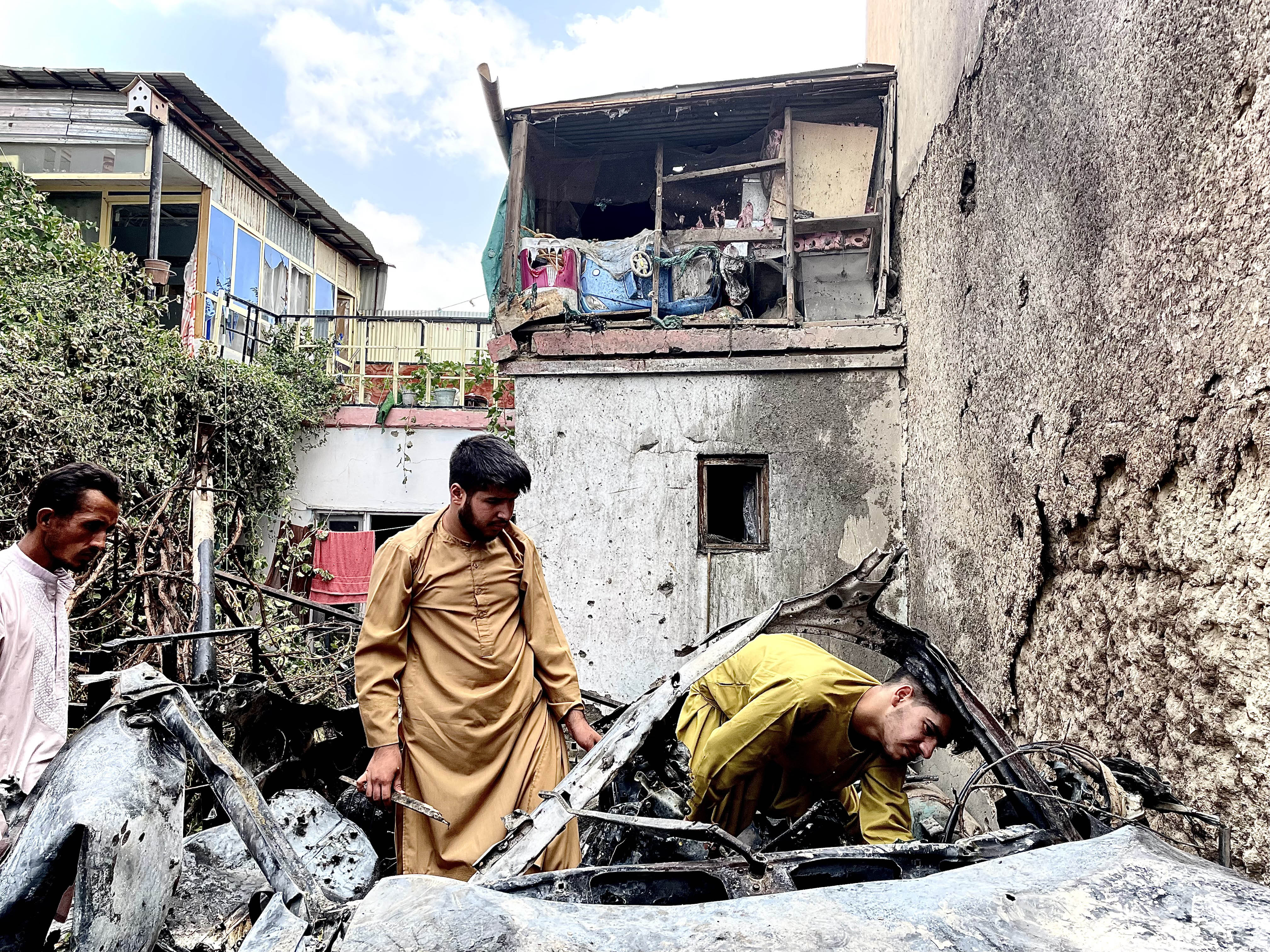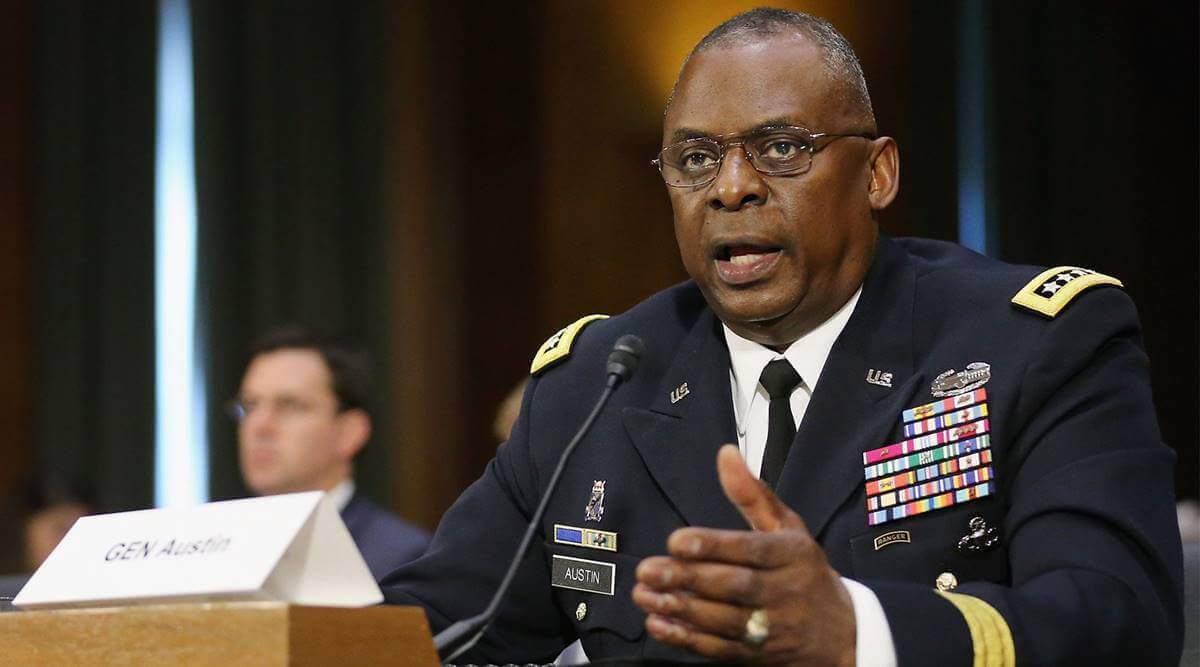On Monday, the Pentagon said that it will not punish members of the military team behind the August 29th Kabul drone strike that killed 10 civilians, including seven children and one humanitarian aid worker.
Department of Defence spokesperson John Kirby confirmed during a press briefing that Secretary of Defence Lloyd Austin had accepted the recommendations made in an investigation about the strike which he previously called a “horrible mistake.”
LIVE: @PentagonPresSec John F. Kirby holds a news briefing at the Pentagon. https://t.co/UK8ZRy7Uym
— Department of Defense 🇺🇸 (@DeptofDefense) December 13, 2021
The investigation headed by two top officials, Central Command General Kenneth McKenzie of the Marine Corps and Special Forces Operations Command Gen. Richard Clarke of the Army, found faults in the “procedure and process” leading up to the strike.
“What we saw here was a breakdown in process, and execution in procedural events, not the result of negligence, not the result of misconduct, not the result of poor leadership,” Kirby told reporters.
Additionally, Kirby mentioned that “the secretary is not approving or calling for additional accountability measures.”
When asked whether specific service members involved in the strike were being reprimanded for their actions, Kirby elaborated: “In this case, in the context of this particular strike, there was not a strong enough case to be made for personal accountability,”
Furthermore, Kirby defended the decision to conduct the strike, pointing to “quite tangible threats by ISIS (Islamic State) in Afghanistan” during the American withdrawal.

The Pentagon’s decision was immediately condemned by the aid organization Nutrition and Educational International (NEI), the employer of one of the victims of the strike. Ezmarai Ahmadi, an Afghan national worked the California based aid organization for 15 years as a driver before he was killed in the US drone strike in August. In fact, amid the withdrawal of US forces, Ahmadi was trying to obtain visas to the US for his family, fearing revenge from the Taliban.
Steven Kwon, the founder and president of NIE called the decision “shocking,” asking, “How can our military wrongly take the lives of ten precious Afghan people, and hold no one accountable in any way?”
Kwon also mentioned, “I’ve been beseeching the US government to evacuate directly impacted family members and NEI employees for months because their security situation is so dire.”
On August 29, the US military launched a drone strike against a vehicle that it believed was carrying “multiple suicide bombers” from the Islamic State of Iraq and Syria-Khorasan (ISIS-K) who had explosive material and planned to attack the American forces and Afghan civilians at the Kabul airport. The US Central Command stated that an attack was “imminent” and therefore, the strike was a “self-defence” manoeuvre.
Initially, the US admitted that there were some additional casualties as a result of the strike. However, Pentagon soon reversed its stance following reports that the targeted car belonged to a humanitarian organisation and that the strike had only killed civilians.

